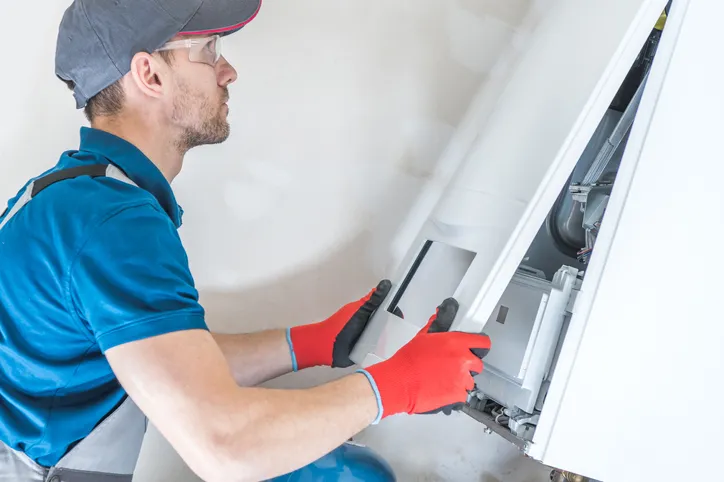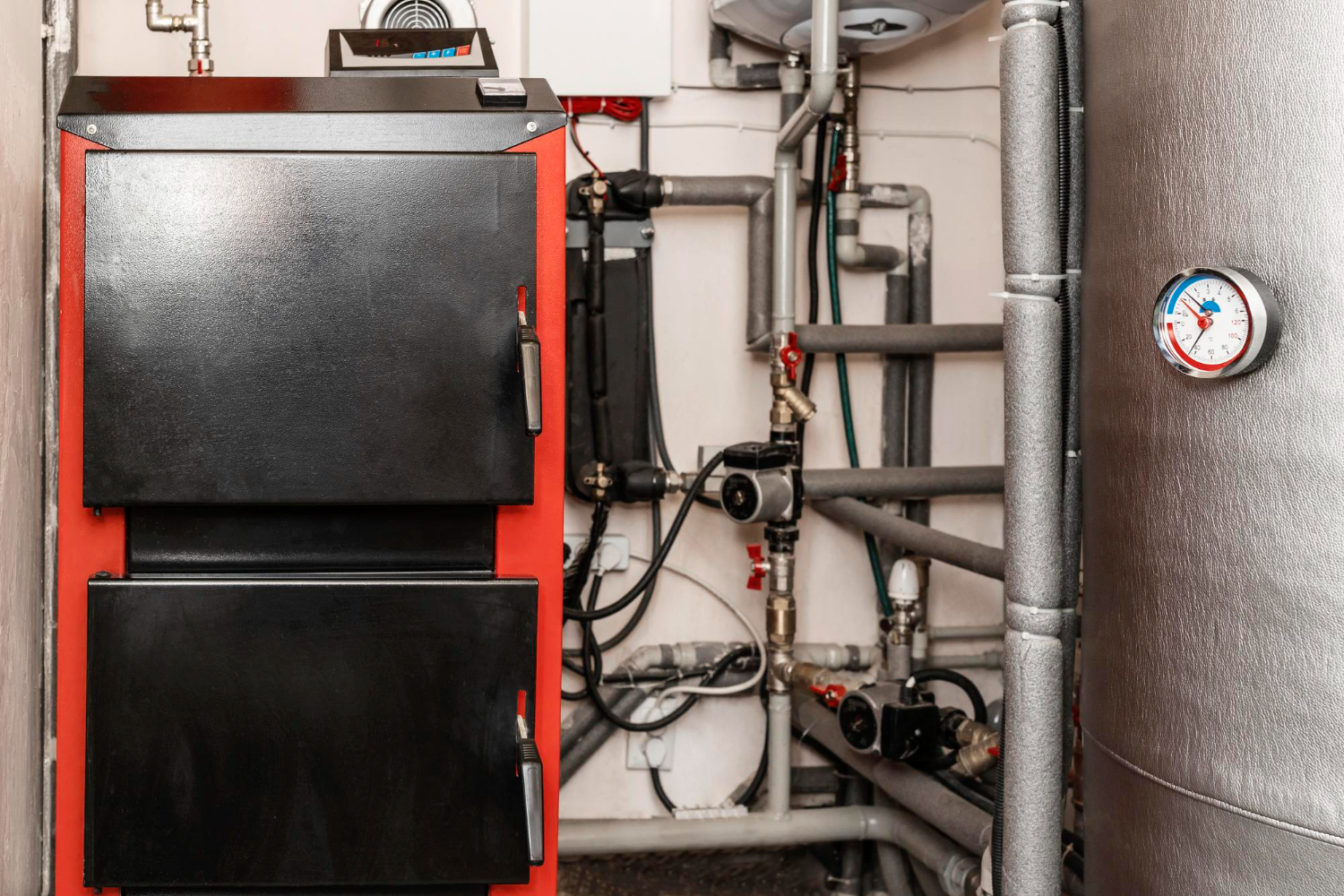When Should You Consider Furnace Replacement?
Learn the signs your furnace needs replacement and the benefits of upgrading. Discover how to choose the right furnace for your home. Read here!
Your furnace is a crucial part of your home's heating system, especially during the colder months. Over time, furnaces can deteriorate, leading to inefficiency and frequent breakdowns. Knowing when to replace an old furnace can save you money and ensure a comfortable living environment.

Signs That Your Furnace Needs Replacement
Recognizing the signs that your furnace needs replacement can help prevent unexpected failures and ensure your home remains warm. One clear sign is age. Furnaces typically last 15-20 years. If your furnace falls within or exceeds this range, you might notice decreased efficiency and more frequent breakdowns.
Another sign is higher energy bills. An aging furnace struggles to heat your home efficiently, leading to increased energy consumption. If you notice your bills steadily rising despite regular furnace maintenance, this could indicate your furnace is losing efficiency and may need to be replaced.
Frequent furnace repairs also signal that it might be time for a replacement. If you need to call our technicians often and the costs of repairs are adding up, investing in a new furnace could be a more economical choice. Additionally, uneven heating in your home is a red flag. If certain rooms are colder than others, your furnace may not be distributing heat properly, which can signal the need for a replacement.
Comparing Repair vs. Replacement Costs
Deciding between repairing your current furnace or replacing it with a new one involves considering various factors. The first consideration is the cost of repairs. If the cost of fixing your furnace is more than half the price of a new one, investing in a furnace replacement may be wiser financially.
The age of your furnace also plays a significant role. As furnaces age, they become less efficient and require more frequent repairs. For older units, replacement can save you money in the long run by reducing repair costs and lowering your energy bills.
Energy efficiency is another important factor. Newer furnace models are more energy-efficient, which can result in significant savings on your energy bills over time. While the upfront cost of a new furnace might be high, the long-term savings from reduced energy consumption can offset this initial expense.
Furthermore, warranties on new furnaces provide added peace of mind. Many new units come with extended warranties that cover parts and labor, which can protect you from future costs. Taking these factors into account will help you decide whether repairing or replacing your furnace is the best option for your home.
Benefits of Upgrading to a New Furnace
Upgrading to a new furnace offers several significant benefits, enhancing your home's comfort and energy efficiency. One of the primary advantages is improved energy efficiency. Modern furnaces are designed to use less fuel, helping you save on energy bills and reducing your carbon footprint.
Another benefit is increased reliability. Newer furnaces come with advanced technology and better components that reduce the likelihood of breakdowns and the need for frequent furnace repairs. This means fewer disruptions to your heating service and peace of mind knowing your heating system will perform well during the colder months.
Enhanced comfort is also a key benefit. New furnaces provide more consistent heating, ensuring every room in your home remains at a comfortable temperature. Improved airflow and humidity control features in new systems contribute to a healthier and more pleasant indoor environment.
Choosing the Right Furnace for Your Home
Selecting the right furnace for your home involves considering several factors to ensure optimal heating efficiency. The first step is to determine the correct size of the furnace. A furnace that is too small will struggle to heat your home, while one that is too large will cycle on and off frequently, leading to inefficiency and increased energy costs. Our professionals can perform a heating load calculation to determine the appropriate size for your home.
Energy efficiency ratings are also crucial when choosing a new furnace. Look for units with high Annual Fuel Utilization Efficiency (AFUE) ratings, as they are designed to convert more fuel into heat, leading to lower energy bills. Additionally, consider furnaces with ENERGY STAR certification for optimal performance and efficiency.
Another important consideration is the type of furnace that suits your heating needs. There are various options, including gas, electric, and oil furnaces. Each type has its benefits and drawbacks, so it is essential to consult with our technicians to understand which option is best for your home and budget.
Conclusion
Deciding when to replace your furnace is an important decision that impacts your home's comfort and energy efficiency. Understanding the signs that indicate a need for replacement, such as frequent repairs and high energy bills, can help you take proactive steps. By comparing repair and replacement costs and considering the benefits of upgrading to a new furnace, you can make an informed choice.
Contact TemperaturePro Baton Rouge today to schedule a furnace replacement in Prairieville or consultation with our technicians. Let us help you keep your home warm and comfortable all year round!
Customer
Testimonials
Go With Experience

Read other blog posts





